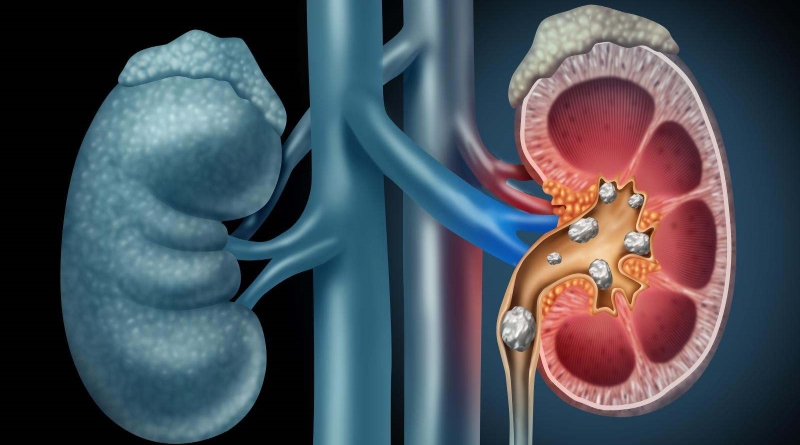A kidney stone is a hard mineral deposit that forms inside the ureter, a tube that connects the kidney to the bladder. Kidney stones can cause serious health problems and even death if they are not treated on time.
Many people think they need surgery to remove a kidney stone. But in reality, some stones can be safely passed without surgery — especially if they are small. However, in some cases, surgery is needed to remove stones from the body. Let’s find out the conditions when surgery for kidney stones becomes necessary.
5 Signs You Might Need a Surgery for Kidney Stone
Most kidney stones pass through the urinary tract with some medications and no significant complications. However, there are times when the condition is so bad that it might require surgery to remove a kidney stone successfully. Here are some of the most common reasons why you might need surgery for kidney stones:
1. Kidney Stone Is Stuck in the Kidney
If you have a kidney stone that is still in your kidney and has not migrated to your ureter, then you must have surgery. It is because when the stone moves out of the kidney, it can cause more damage to the kidney and also cause infection.
2. If You Have Hypertension or Aneurysm
If you have very high blood pressure or an aneurysm (a bulge in the wall of an artery), you may need surgery. High blood pressure can make your kidneys work harder to cleanse toxins from your body, making them work even harder to remove calcium stones from the kidneys.
3. If You Have Developed Ureteric Colic
Several large or small stones may accumulate in a portion of your kidney. In such cases, they can cause inflammation called ureteric colic, which can lead to complications like kidney cancer and chronic pain in the ureter. Ureteric colic is severe enough that even if there are no other symptoms, you should see a doctor about it right away.
4. If You Have a Scarred Ureter
If you have had several kidney stones in a short period, it increases your risk of a recurrence. As a result, your ureter might get scarred or damaged from previous stones and may not work optimally. In such a case, your doctor may recommend surgery.
5. If the Pain is Way too Much!
If the stone is big and causing tremendous pain, then your doctor will recommend surgery to remove that kidney stone. Furthermore, if the kidney stone is causing problems with the functioning of the kidney, then your doctor might also recommend surgery.
Common Symptoms of Kidney Stone
Kidney stones are common disorders of the urinary tract. They are hard deposits of minerals and acid salts that form inside the kidney.
Symptoms of kidney stones include severe pain, vomiting, nausea, and blood in the urine. Some people may not have any symptoms at all.
Kidney stones are comparatively more common in men than in women. They are also more common in overweight people or those with a family history of kidney stones. Your doctor can order multiple tests to confirm the diagnosis and recommend treatment.
Surgery Options for Kidney Stones
There are several surgical options for kidney stones; the best option for you will depend on the size and location of your stones. If your stones are small and your urinary tract is healthy, you may be able to pass them naturally. Your doctor may recommend a special diet and medications to help.
If your stones are larger or you have had them before, your doctor may recommend a procedure to remove them. The most common procedures are:
• Ureteroscopy: A thin, flexible scope is passed through the urethra and into the bladder to reach the ureter. A laser is used to break up the stones.
• Percutaneous nephrolithotomy (PCNL): A small incision is made in the back, and a scope is passed through to the kidney. A laser is used to break up kidney stones.
• Shockwave lithotripsy (SWL): Lithotripsy uses a machine to produce sound waves that break up the stones.
Conclusion
Kidney stones have been estimated to affect more than 5 million Indians, and they are a common cause of urinary tract infection (UTI). Kidney stone treatment is necessary to prevent further damage to your kidneys and reduce painful symptoms associated with them. Your doctor will discuss the best option for you based on the size and location of your stones, your overall health, and your preference of treatment.
Max Healthcare is the leading healthcare provider in India. With its highly qualified doctors and top-notch facilities, it is one of India’s leading chain hospitals, working tirelessly to provide world-class healthcare to people across India.
Read More Blogs:

